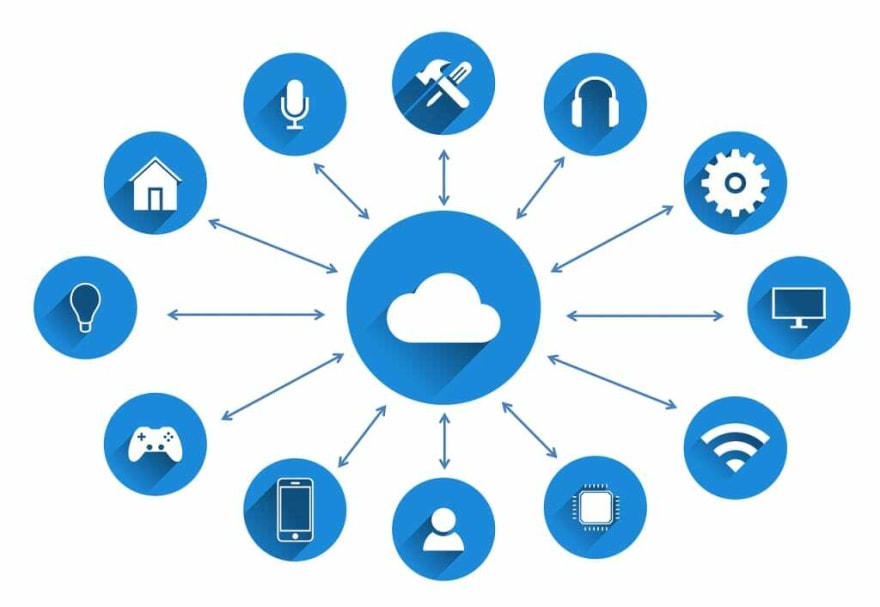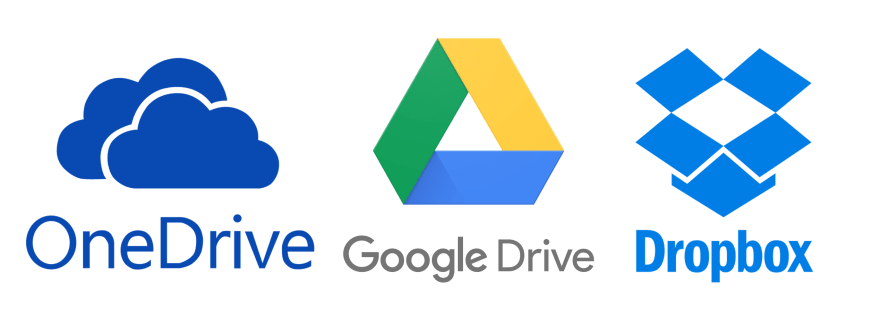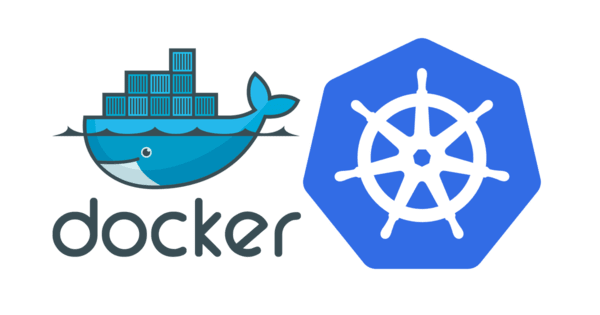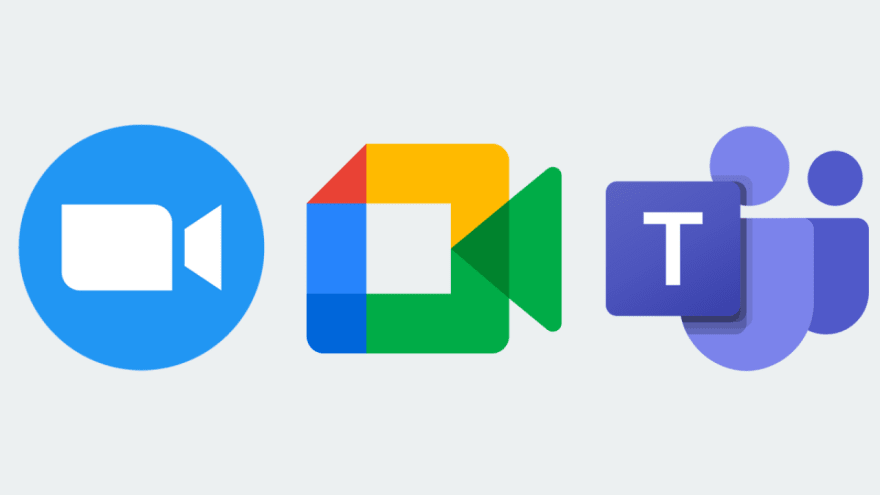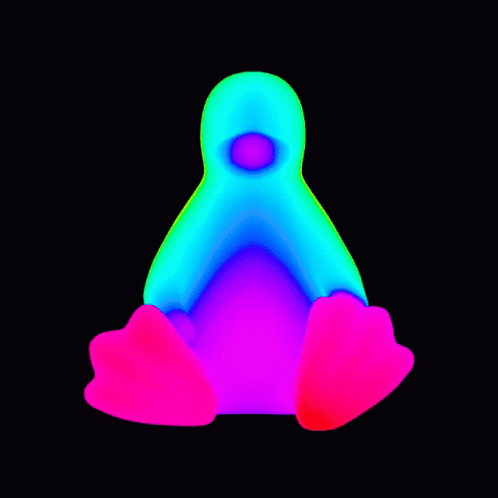This content originally appeared on DEV Community and was authored by Nirvik Agarwal
The words cloud computing or the cloud have garnered a lot of attention in the context of an average user needing a lot of data and the computing power to process that data in their daily lives, be it saving their photos in google drive, posting pictures on social media or developers deploying applications on serverless platforms.
But what do we actually mean by the cloud?
It’s just a metaphor for the internet. Cloud computing is the on-demand availability of computer resources, especially data storage (cloud storage) and computing power, without direct active management by the user.
By using cloud computing, users and companies don't have to manage physical servers themselves or run software applications on their own machines.
The cloud makes services device-agnostic because the computing and storage take place on servers instead of locally on the user's device.
The cloud hidden in plain sight
A misconception that most people have is that the cloud is some sort of advanced software that only developers can use but in reality, we all are using cloud technology in our daily lives.
- One can log in to their Google account from a new device with all their emails, photos, contacts in place.
- Seamless sharing and delivery of files and applications is done using cloud-based storage services like
Google Drive,Dropbox, etc. - Cloud computing has made real-time collaboration possible on the internet with web applications like
FigmaandGoogle Docsrunning on the cloud.
How Open-Source ties them all up
The heart of Cloud Computing is the kernel that powers it, which to no one's surprise is Linux.
This statement is well supported by the fact that Linux is free and Open Source. Linux systems are in general more stable and reliable than their counterparts and hence become an obvious choice for companies to use to power their servers.
The essential tools above the Operating System including the Web servers, FTP servers, DNS servers, and on and on, are available for Linux first and in a wide variety. Also, most of these technologies are open-source themselves.
Serverless computing is a cloud computing execution model in which the cloud provider allocates machine resources on-demand, taking care of the servers on behalf of their customers. This is cheaper than setting up your own infrastructure but at the same time, the systems are highly scalable and easy to maintain.
Machine Learning, especially Deep Learning has always been a field that has required a lot of computing power to deliver accurate results and has most been elusive to developers. But with platforms like Google Collab one gets to access powerful GPUs which they can leverage to train state-of-the-art models directly on the cloud.
Impact of Cloud Computing during the Pandemic
The tools and services that are ensuring that our work and our education goes unhindered even in these tough times are mostly powered by the cloud. Be it attending online classes through platforms like Google Classroom and Google meet or attending important meetings all have been made possible with the Cloud.
Open Source has changed the world, it's an undeniable fact. By putting the power of supercomputers in the hands of every user and developers, even smaller companies can leverage the infrastructure previously limited to only the large corporations, and deliver products that push the horizon of technology one step further.
We got more on this topic for you to explore, To know more head over to this YouTube Video -
This article has been co-authored by


We hope you found this insightful.
Do visit our website to know more about us and also follow us on :
Also do not forget to like and comment.
Until then,
stay safe, and May the Source Be With You!
This content originally appeared on DEV Community and was authored by Nirvik Agarwal
Nirvik Agarwal | Sciencx (2021-04-20T15:43:05+00:00) How Open-Source changed the world: Cloud Computing. Retrieved from https://www.scien.cx/2021/04/20/how-open-source-changed-the-world-cloud-computing/
Please log in to upload a file.
There are no updates yet.
Click the Upload button above to add an update.

